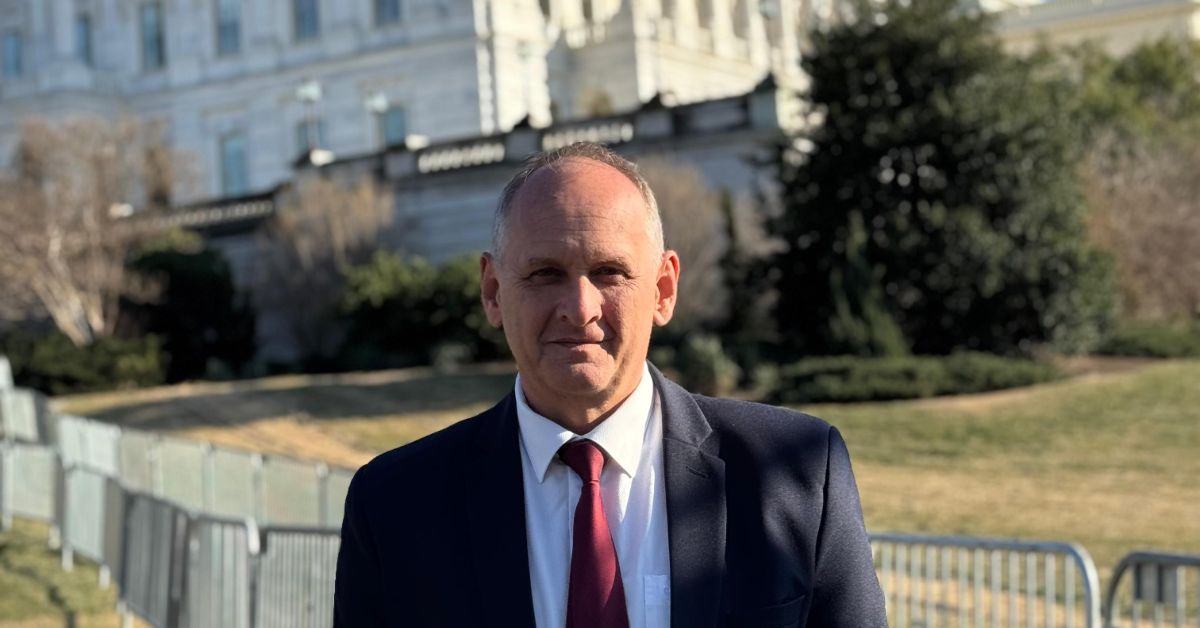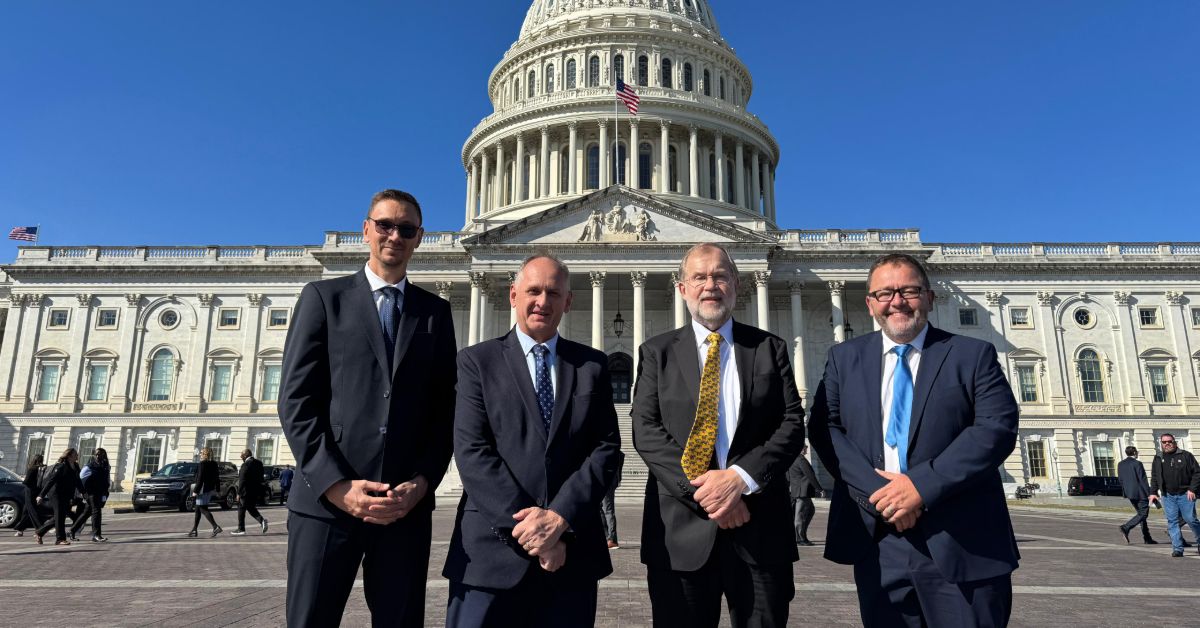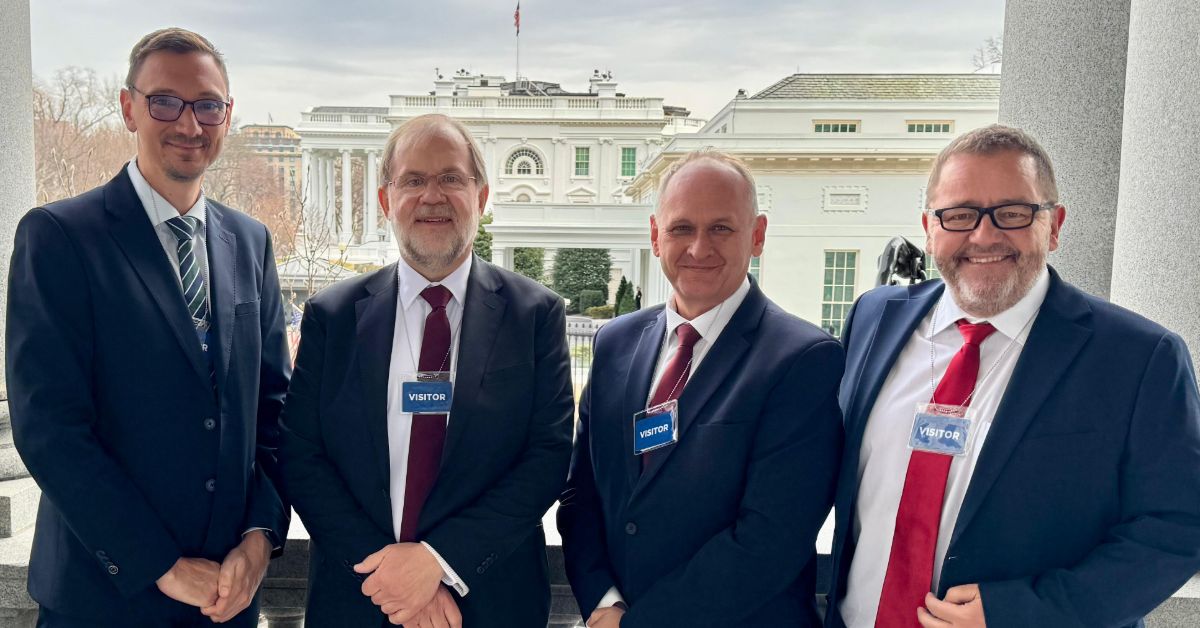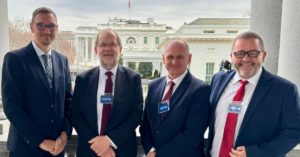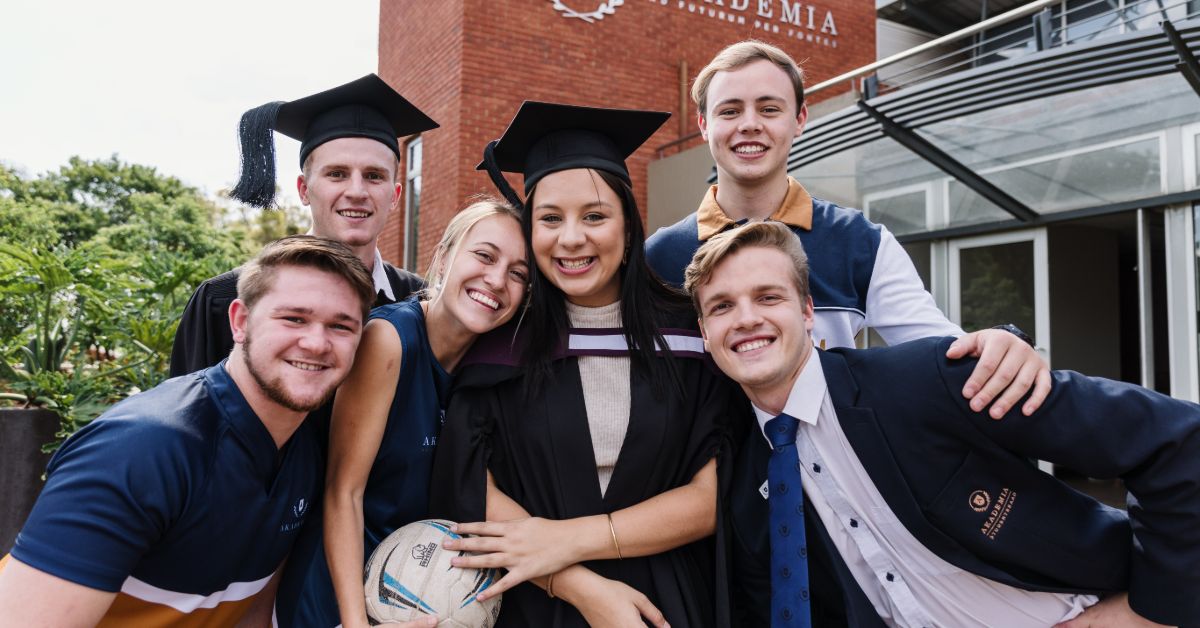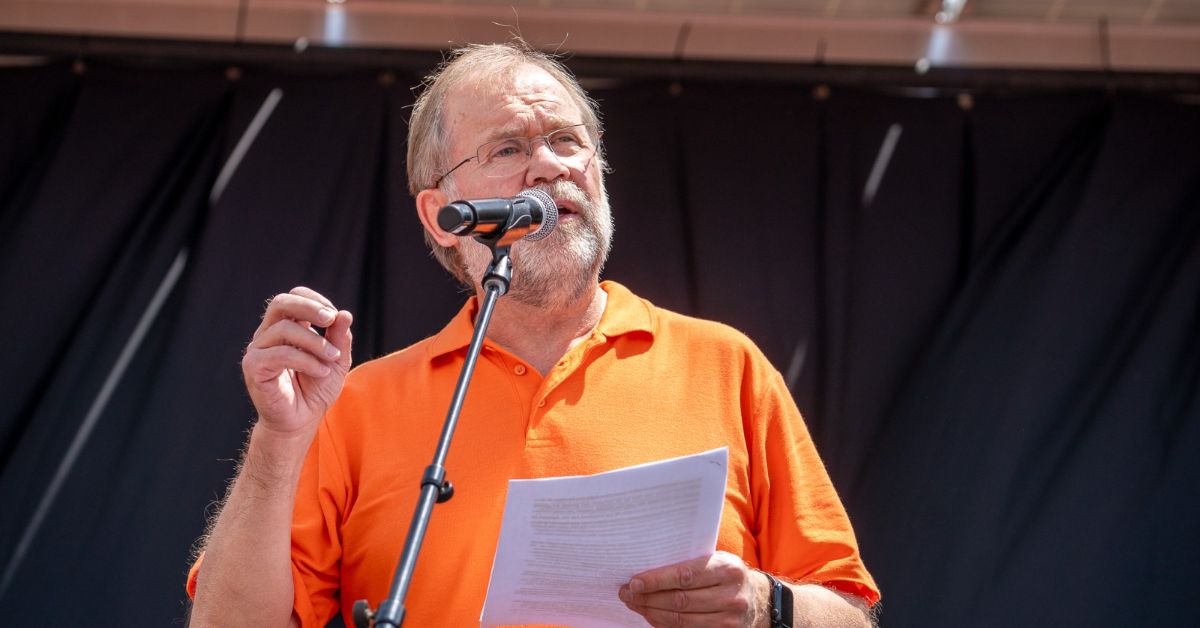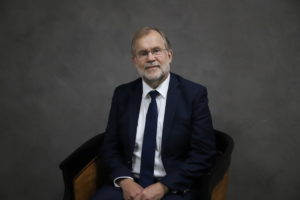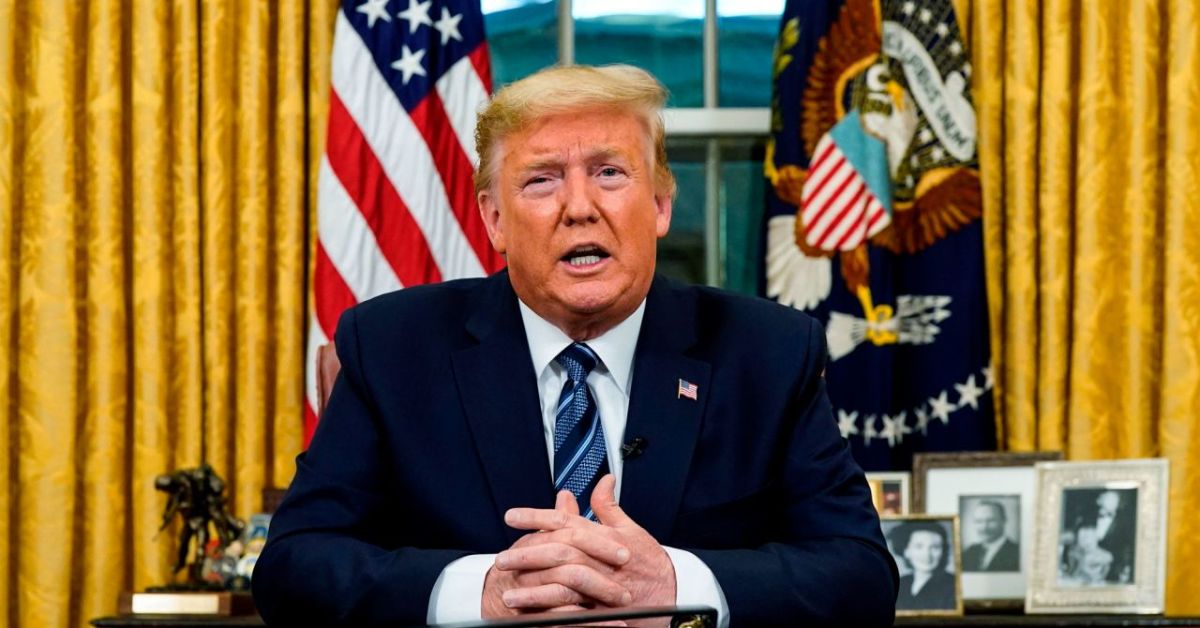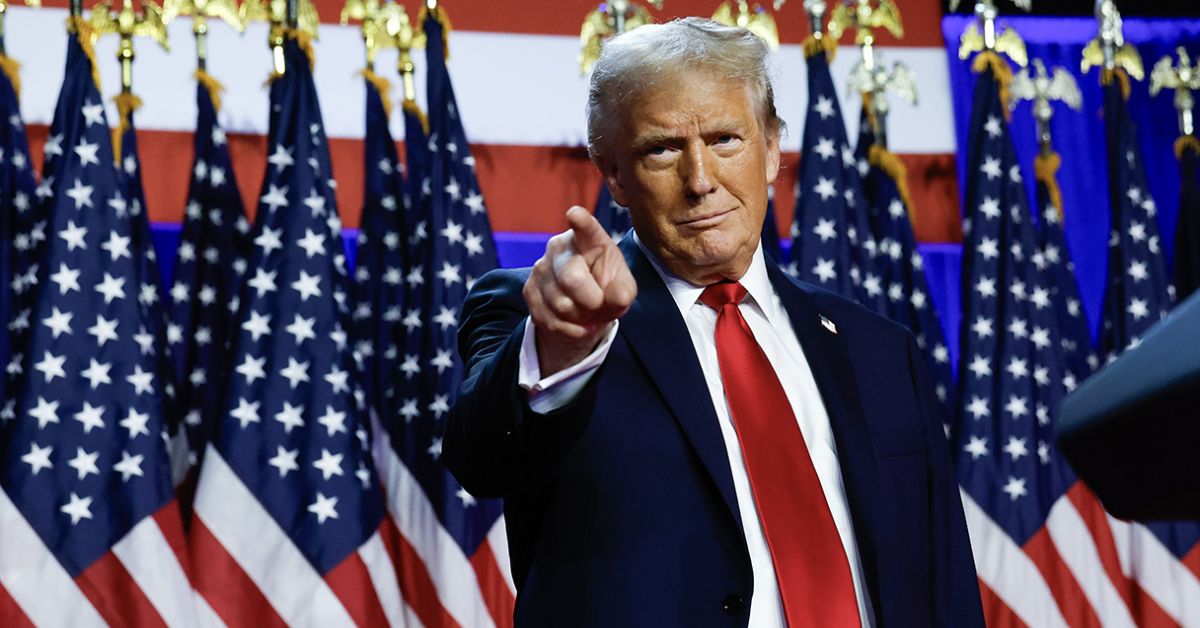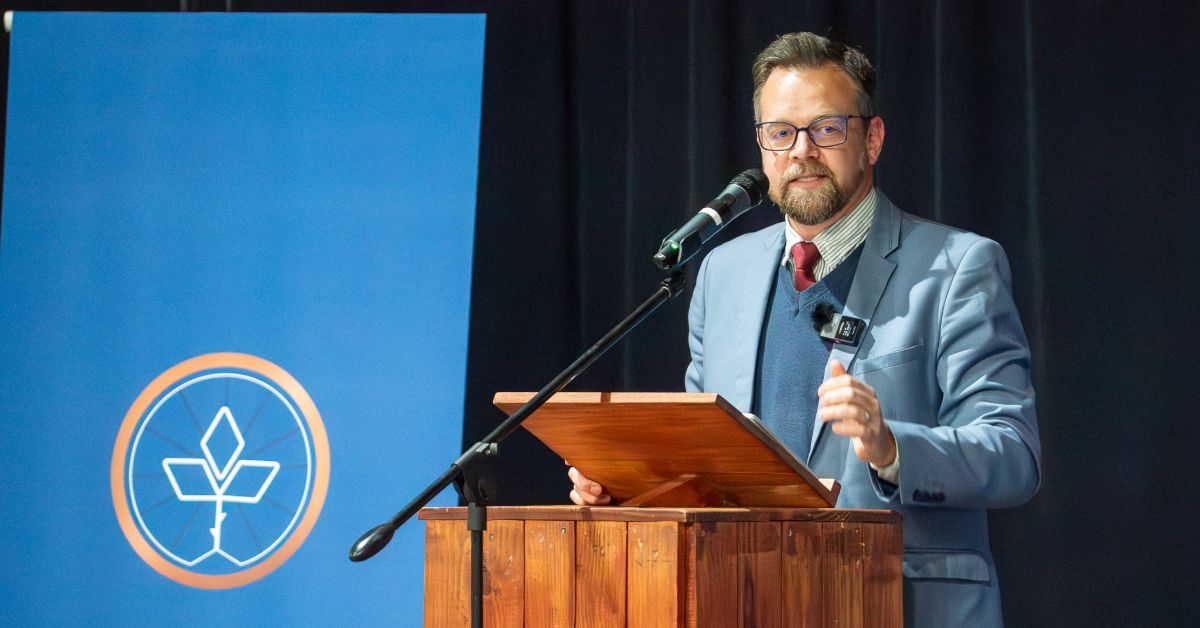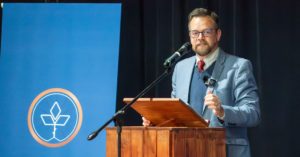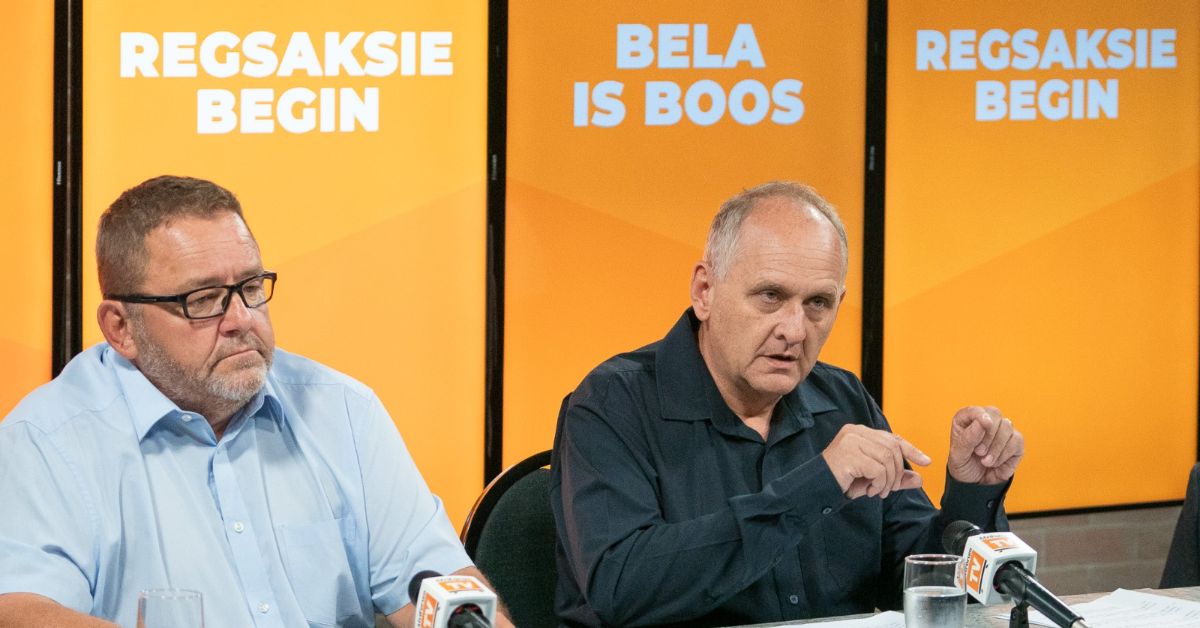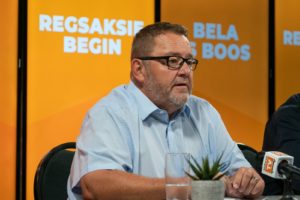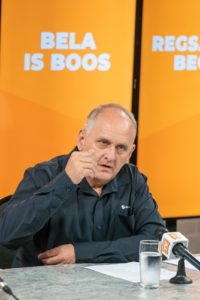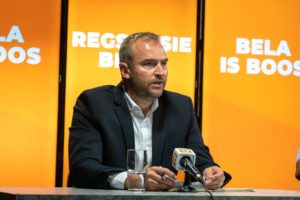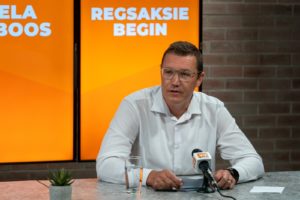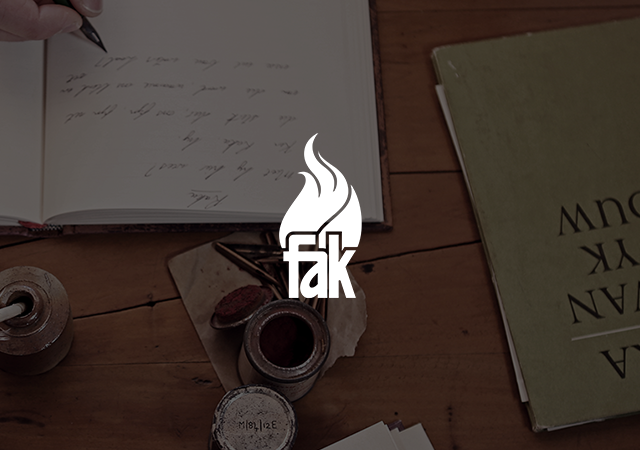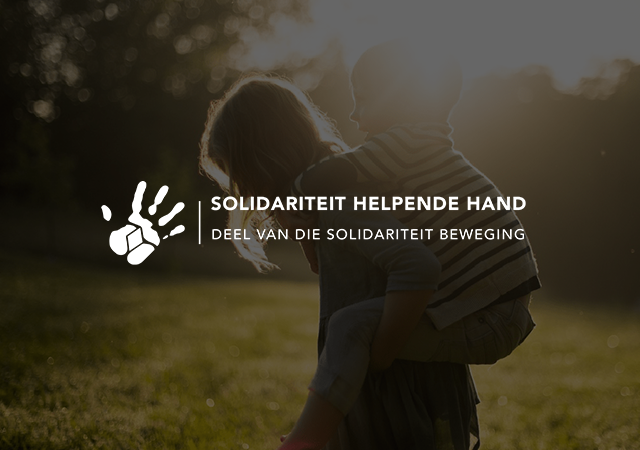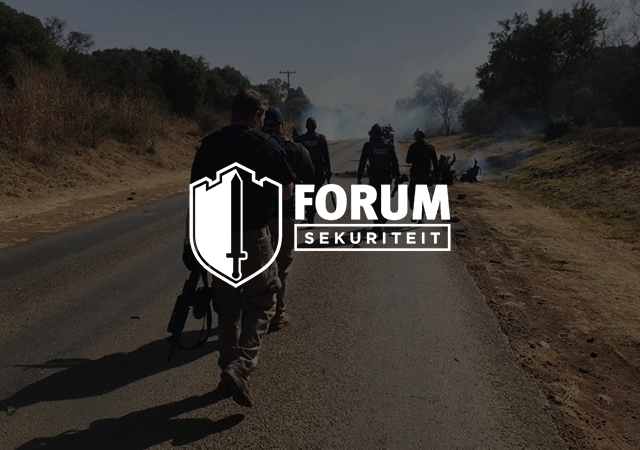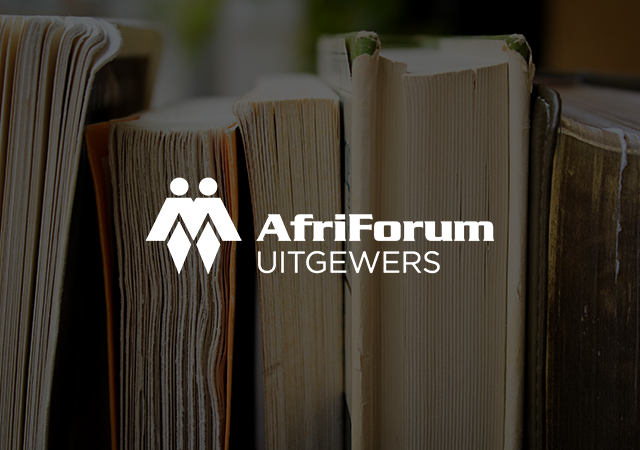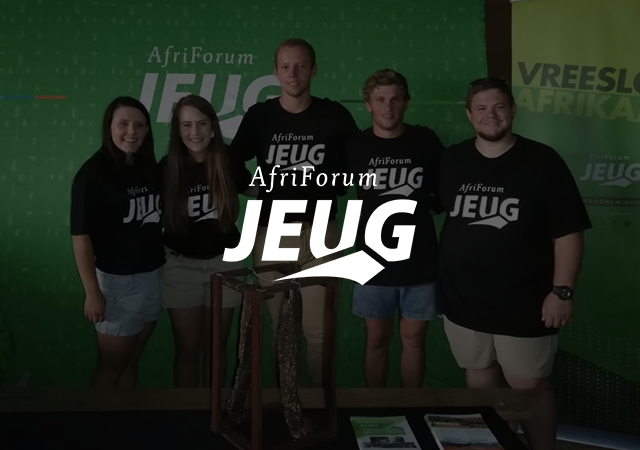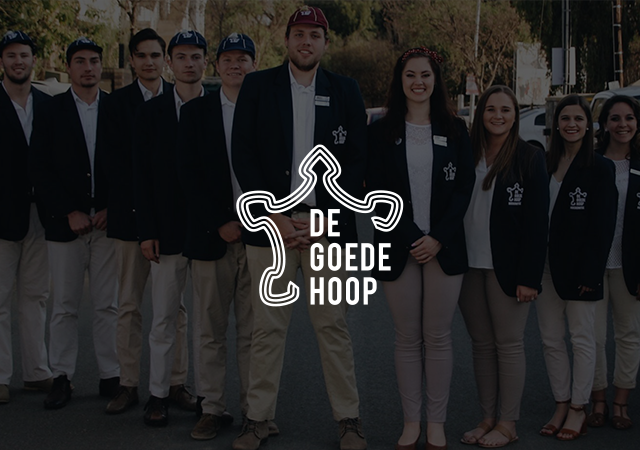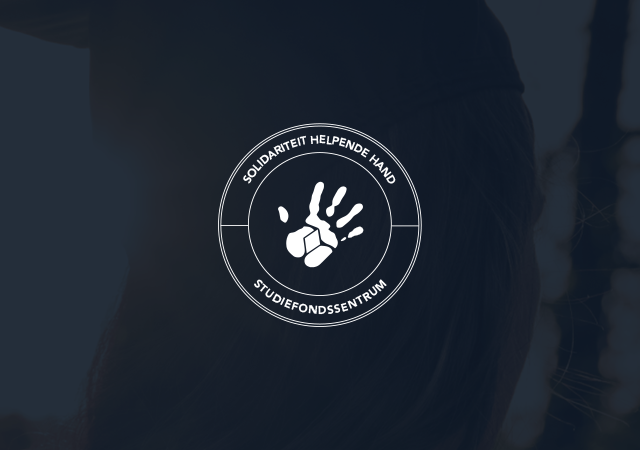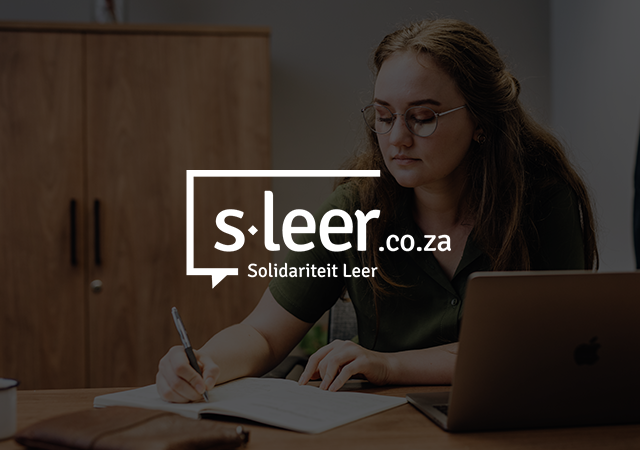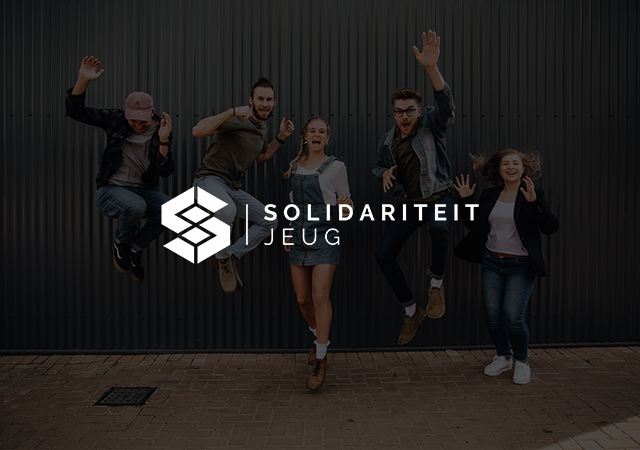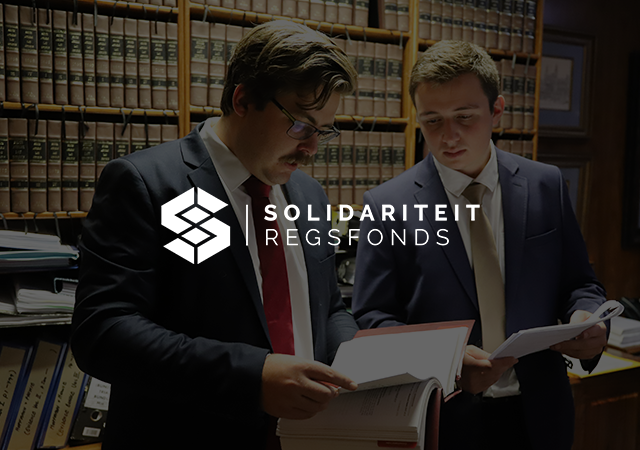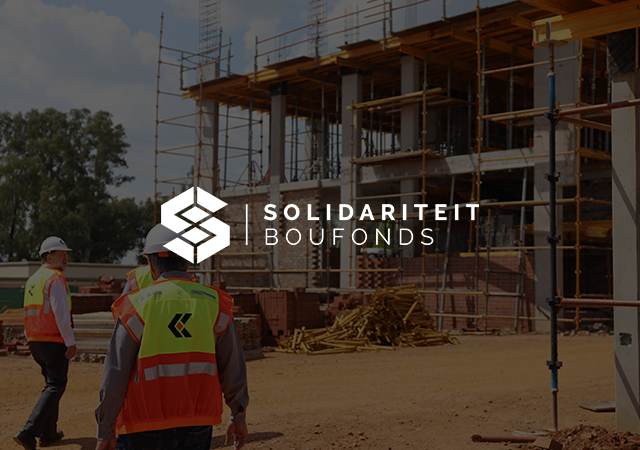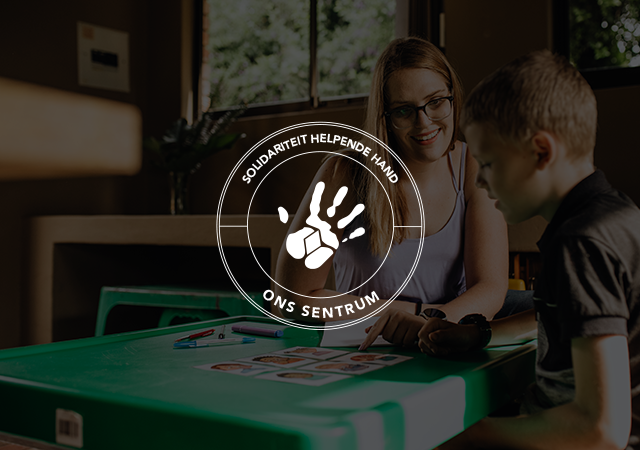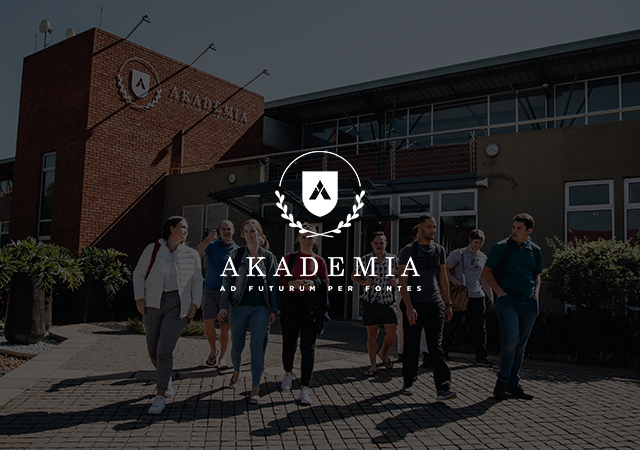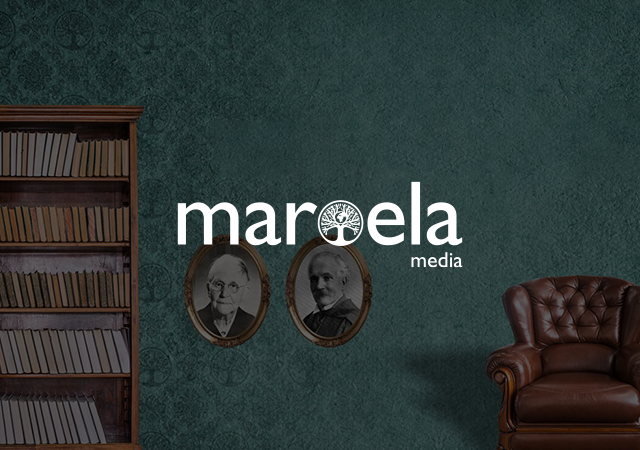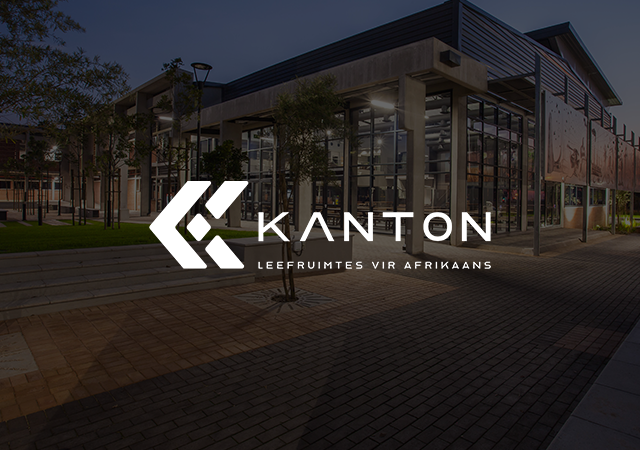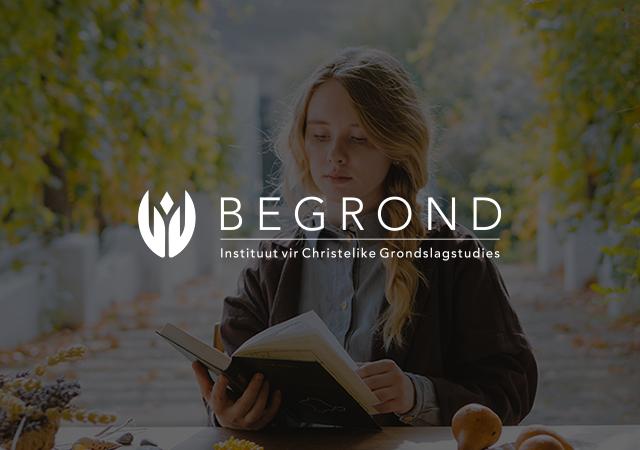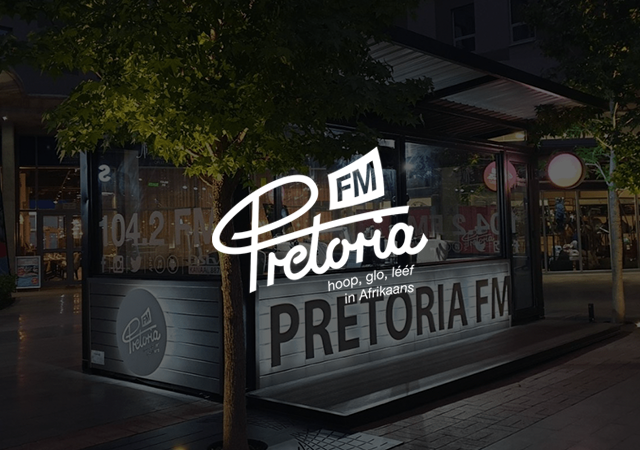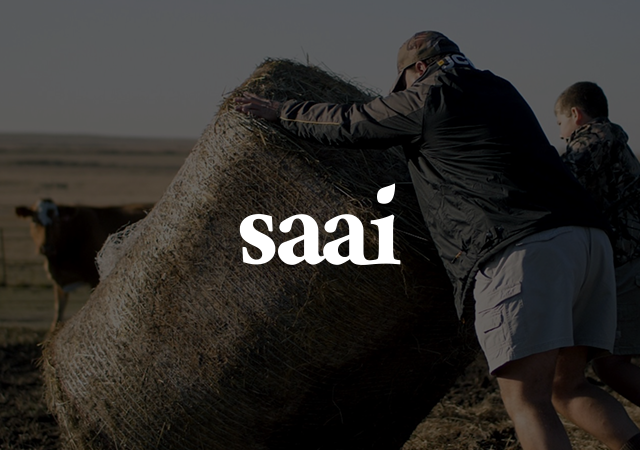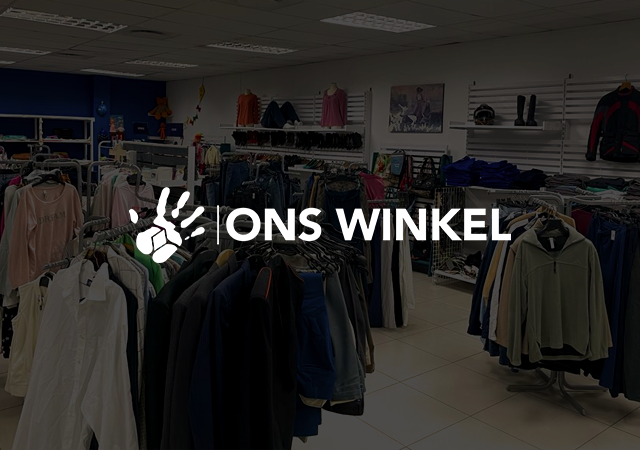Dirk Hermann
Source: Maroela Media
Major change is currently taking place in the world, and South Africa is not isolated from this.
President Trump’s executive order has placed Afrikaners at the centre of this debate, shining a bright light on South Africa’s domestic and international policy. The Solidarity Movement, of which AfriForum and Solidarity form part, has sent a delegation to America to actively participate in the debate.
However, the South African government remains absent in this debate. The government’s reaction is limited to loud accusations levelled against the Solidarity Movement. The eventual impact of the Solidarity Movement’s visit remains to be determined, but here are 30 observations I have made during the visit:
- The relationship between South Africa and the USA is not a mere misunderstanding that needs to be explained but is a diplomatic crisis. This crisis is set against the larger geopolitical restructuring that is taking place all over the world.
- The dissatisfaction with, even anger over the ANC’s policies, is clear, especially because of the government’s love affair with Hamas, Iran, China and Russia.
- South Africa’s breach of neutrality by bringing a court case against Israel without having any direct interest in the conflict, was an important catalyst. South Africa has become a symbol of anti-Western sentiment and is seen as a threat to America’s national interests.
- This diplomatic crisis does not arise from a single event only, such as the Expropriation Act, but is the result of a long series of reckless domestic and foreign policy decisions by the ANC, which has caused tension spanning across several US administrations.
- The absence of the South African government was conspicuous and is indicative of an implosion of diplomatic ability.
- There is a renewed self-confidence in the USA and the West, which could even be described as a revolution. Any ally of the USA must take this new reality into account, something that South Africa is apparently not doing.
- The USA remains South Africa’s second largest trade partner. For South Africa this is of great advantage, but it is of lesser importance to America. South Africa is also dependent on aid which other allies do not give. This puts South Africa in a position where the country should be more humble.
- South Africa runs a real risk of being kicked out of AGOA. AGOA is a US law that offers trade tariff benefits to African countries. If South Africa forfeits its AGOA participation, the ANC will have to bear full responsibility for it. This could lead to the loss of hundreds of thousands of jobs.
- The ANC’s policies betray the country and its people. They create an environment of increased unemployment, but the government is ideologically blinded and trapped in a failed and outdated worldview.
- It was never mentioned in any of the discussions that the current diplomatic crisis was due to false information spread by AfriForum and Solidarity. Its cause lies with the ANC’s policy. Rather, there was appreciation for the comprehensive information we provided.
- It is an insult to US diplomatic and intelligence agencies to claim that that they base their policy on false information.
- The only false information is the allegation that the Solidarity Movement is spreading falsehoods. No one has yet been able to prove such claims. Our information is accurate and transparent. The world needs to know the truth, rather than politically correct information seen through the lenses of the ANC.
- Ironically, in the absence of the South African government the Solidarity Movement has stood up for the country’s interests by calling for continued participation in AGOA.
- We acted specifically on behalf of our members in the agricultural, mining, metal and engineering industries, as well as in the chemical and automotive manufacturing sectors. They should not be further disadvantaged as a result of ANC policies.
- The government’s poor diplomatic handling of the matter is exposing the country. They have burnt bridges, and they show no insight or intention to restore relations. There is an exaggerated self-confidence.
- The South African government will struggle to pay a meaningful visit to the US. Their arrogant handling of affairs in recent weeks has hardened relations. Americans read what the President’s spokesperson and others are saying.
- The ANC’s attacks on and threats against the Solidarity Movement, including accusations of high treason, were not received well in the US and have weakened the ANC’s positions, while strengthening ours.
- South Africa will have to take concrete steps to restore diplomatic relations. Mere explanations or sending large delegations there will not help.
- The Solidarity Movement has been received with open arms by the White House, the Congress, the US Department of State and by various other key institutions. We could present our research and facts clearly.
- Continued pressure must be brought to bear on the South African government for policy changes that will benefit the entire country.
- Expropriation without compensation and racial laws are two of the issues Americans are particularly concerned about. Despite the ideological blindness, South Africa will have to rethink these issues. We will help bring about change through pressure and litigation.
- South Africa must realise the world has changed. The ANC’s socialist ideology, attacks on property rights and racial laws are no longer acceptable.
- President Trump’s executive order has fixed the world’s eyes on South Africa. The ANC can no longer rely on Nelson Mandela’s legacy or Western guilt. They are now being judged on what they say and do.
- Afrikaners also find themselves in the spotlight again, this time not as the skunk, but as a community with an internationally recognised cause. Through research we have shown how the ANC has broken the 1994 Accord.
- We gave a clear explanation of the existential threat that laws such as BELA pose to Afrikaners, and it was met with insight.
- The Solidarity Movement could intercede with confidence on behalf of Afrikaners, asking for recognition of and support for the establishment of cultural infrastructure. We could also put federalism and population concentration on the table.
- There is still uncertainty about refugee status. It seems that a resettlement programme is being considered for people who are victims of serious violent crime as a result of race or group identity. No one who wants to take up the offer should be deterred from doing so.
- The executive order and new realignments in the world offer a unique opportunity to Afrikaners. The Trump administration creates a favourable climate, but Afrikaners must take up the responsibility themselves and use these opportunities.
- We are now in a stronger position than before the executive order. We now have open communication channels and have valuable contacts. The appointment of the new US ambassador to South Africa will be important for our future relationship.
- We must continue to build, protect and fight. We live in a new era that offers great opportunities for us as a Western community in Africa.
